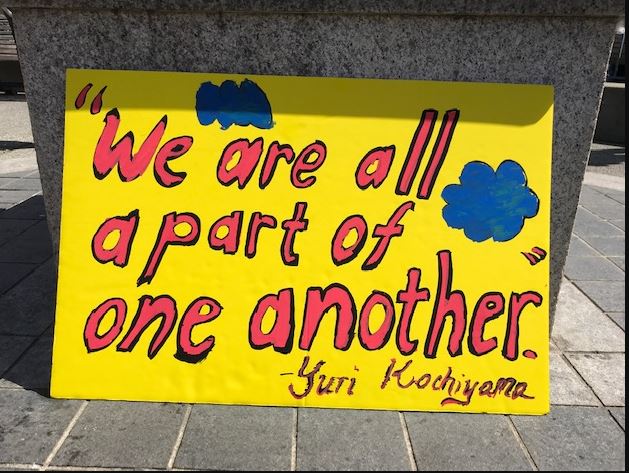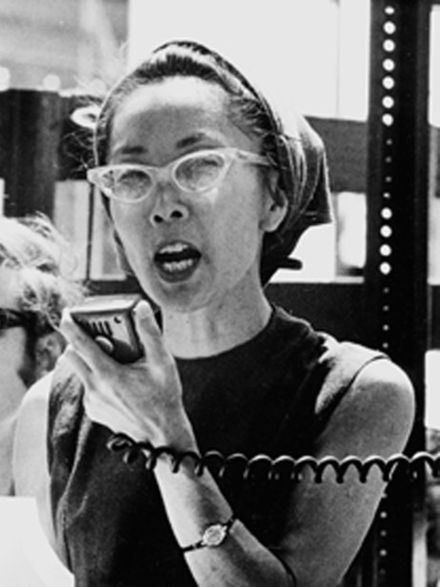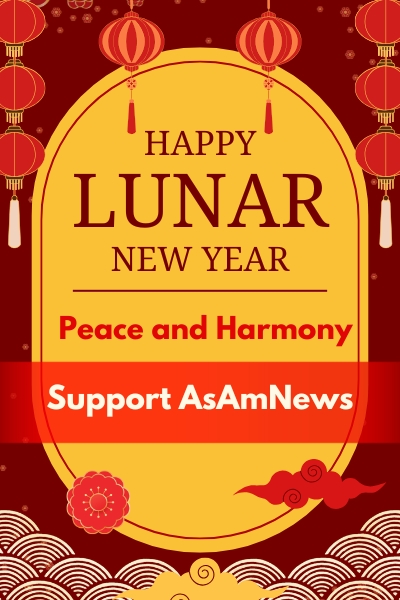By Nathan Reddy
I have not even started my yearlong program in teaching yet (one more month) and I have already been deliberating about where I should teach. I will be licensed in Virginia, so my options are narrowed. I have grown up in Northern Virginia, specifically Prince William County. My family and I moved into the house there in 2004. Here I am still, waiting for my program to start in Charlottesville.
One side effect of the statewide teacher shortage is that I will be able to work practically anywhere I want to in the state, especially since elementary education is facing a particularly critical shortage. I have considered even moving to the Eastern Shore, or settling in Albemarle County, where most graduates of the UVa program start. Recently, however, I have been contemplating a move back to where I grew up and teaching the children of my area.
Well, not exactly my area. Around the time since we moved to Northern Virginia, there was a massive construction boom, and that construction led to a migration of immigrants to the area who were desperate for work. As a result, the Latino community of Manassas has established itself and has been growing since, mostly working the low-income jobs that appeared due to the fervent development of the area.
I live in Bristow, the suburban hamlet that connects into Manassas. Many in the Latino community live in Manassas proper, oftentimes in low-income housing. To be clear, I would want to teach not necessarily the children I grew up with, who were largely white and Asian, but the children and even grandchildren of the people who built my house.
One reason why I would like to do this has to do with avoiding poverty tourism. In Ivan Illich’s 1968 speech “To Hell With Good Intentions,” he bemoans the presence of upper-class White young people travelling to places like Mexico and around the world to “help” the locals there, believing that intractable poverty is the Third World, and it is our First World duty, even Christianly duty, to go and “help” them.
In quotations, because oftentimes this help was counterproductive in that these youngsters did not know how to properly work with the local people; they were too arrogant and condescending to be of genuine assistance. One thing he also stressed was that these young people were travelling to Mexico, when poverty persists just down the street from where they grew up in America.
Why don’t they work with people in their local community first and foremost before travelling the world looking for the perfect picture of poverty? Because, ironically, the poverty of Mexico was much more visible to them, through media and general perceptions of the Third World, than the segregated material poverty characteristic of their own American counties.
The speech had a profound effect on me, as is clear. But another reason why I would like to return home and work with the impoverished of my own community is my Asian American identity.
Northern Virginia is “diverse” in the broadest sense, but most of the White and Asian American population are segregated away from the Latino and Black American population. There are historical and economic reasons why this is the way it is, and racialization works to normalize those reasons, as if the current demographic landscape is natural.
As human beings, we flock to our own kind, and in doing so, normalize the material inequities that have been racialized into our being. Both Latino and Asian Americans are racialized as hardworking immigrants, but for the former, it is specifically in low-income jobs, and the latter, high-income. This tracks with different areas of Northern Virginia, perpetuating segregation. Race itself plays a role in keeping people segregated by defining their social being and keeping them away from fellow humans by virtue of meaningless and yet meaningful skin color and physiognomic varieties.
The status quo is maintained by sealing our fates through racialization, and the more we stick to our own clans, the more intense race itself will be. I am not necessarily charging the Latino community of tribalism, as their community was built out of a combination of loving necessity and where they could afford housing.
For Asian Americans in the area (for the most part), our tribalism has to do with upper-class purity notions, and so the onus is on us to break free of the stifling racialism that creates society. By teaching mostly Latino students (Latino students make up 70% of my former elementary school, where I currently hope to teach), I hope to know them and their families well, and become a firm fixture within the community as both an outsider and an insider who genuinely cares and knows how to work with, not on people.
I have been struggling with the notion that my conviction to do this may be problematic since it may express latent “White savior” inclinations; my identity as a social change agent is reliant on the oppression of my students and their families. How, then, can I ever engage in the work towards justice?
I have been corresponding with Asian American activist and scholar Glenn Omatsu, who told me that paradoxes are plentiful in social justice work, and part of the job is to continually struggle with them, sometimes solving them, sometimes not, but always struggling with them nonetheless. I told him that I don’t know exactly yet how my identity will develop as a public school teacher, but I will take his advice and struggle, as that is the only way forward.

Yuri Kochiyama, a legendary Japanese American activist known for her work with the Black community in Harlem and deep friendship with Malcolm X (she held his head as the light left his eyes), possessed a sophisticated political consciousness that I have yet to understand, but I think part of it retains my reasoning when I consider her answer to a question.
She was asked how she and her husband, Bill, understand their fight against social injustice. Interestingly, they did not say targeting racism, they said targeting the deeper social and economic structures that uphold race as an organizing principle of society. By committing to crossing racial boundaries, she undermined race itself, freeing herself from its cloistering hold.
Paradoxically, her Japanese American identity were strengthened due to her work in transcending race, because her identity and her work were both based in her understanding of social injustice as it related to her and her parents’ internment, that ultimately led to the death of her father. That was a catalyst for radicalism in her spirit, and that was what led to her willingness to both undermine and expand what it means to be “Asian American.”
I bore no such childhood trauma, but by understanding how Yuri’s relates to her Japanese American and activist identity, I can follow in her footsteps and establish and strengthen my Indian American identity, and ultimately a radical conception of Asian American identity aligned with Yuri’s by working with others who would have never crossed my path had I not been intentional about making a path for myself.
I have to be honest and say I am not yet set on where I should work, and my parents remind me to first of all focus on finishing the program before I start having lofty thoughts.
I, however, can’t help thinking about my future. I can’t wait to be a teacher. Charlottesville, home of UVa, is like many university towns in that the splendor of the campus obscures the poverty surrounding it. There is a teacher shortage, but no shortage of poverty in the state. Like many graduates of the program, I might settle there. Let’s see. Trust, wherever I end up, I will always keep the lessons of Yuri Kochiyama in mind. Essentially, she built bridges, not walls. I’ll try my best to do just that.
AsAmNews has Asian America in its heart. We’re an all-volunteer effort of dedicated staff and interns. Check out our new Instagram account. Go to our Twitter feed and Facebook page for more content. Please consider interning, joining our staff, or submitting a story or making a contribution.



Get a copy of Paulo Freire’s book: The Pedagogy of the Oppressed.
My biggest take away from this Brazilian educator/liberator of some sort is to let the people “name the world, and use their word” in understanding and eventually re-shaping their reality. Educate for social change! What may be helpful, too is to take the Project Zero course offered thru Harvard: Thinking and Learning in a Maker-Centered Classroom.